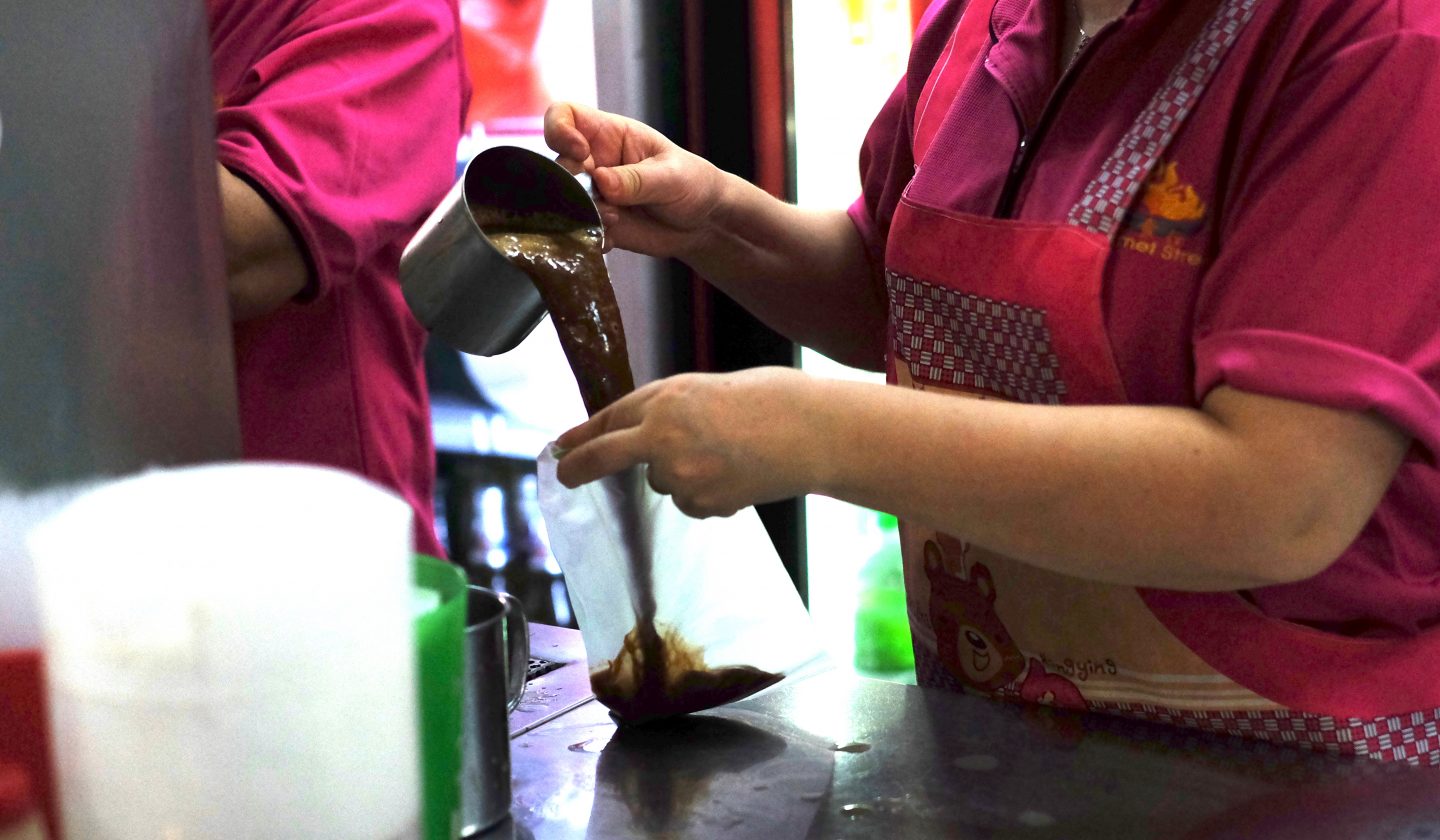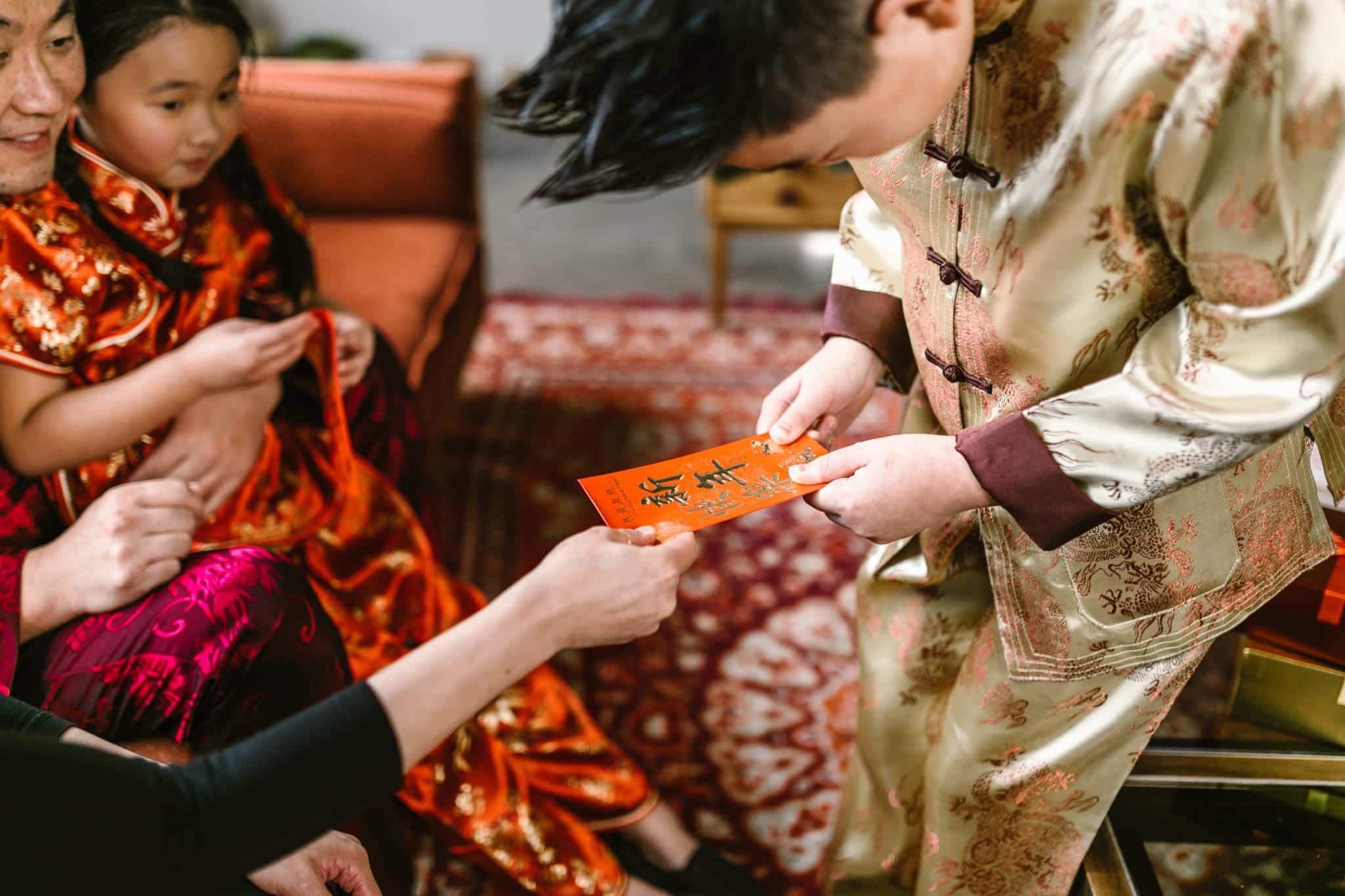Traditions with credibility: A reflection on continuity
Dr Andrew Goh // June 12, 2019, 4:22 pm

Photo by saltandlight.sg
Telegrams are still widely used for special occasions in Japan.
The venerable typewriter is still being manufactured for prison inmates in the USA (since connecting to the Internet is forbidden there). And it’s happening today.
Holding out against time
Not all traditions are outdated; many have withstood the test of applicability.
But as TS Eliot counselled: “A tradition without intelligence is not worth having.” That’s like a habit that has gone into overtime and into irrelevance.
Simply, we need to know why we are the way we behave. And whether it continues to make sense.
There is continuity because we understand why we are the way we are.
Sometimes it takes a foreigner to tell us what we really look like!
He was an aeronautical engineer, on work attachment at Changi Airport for a duration in the 90s.
In answer to my question whether he had observed any quirks about Singaporeans, he said what amazed him then was that the locals were blithely sucking hot tea, sloshing in a plastic bag, out of a straw! Hot coffee – even more so.
Back in Blighty (Britain) where he was from, tea would have been sipped from a cup, albeit avoiding the raising of the pinkie finger. Oh, how we have messed up British tea etiquette! Blame it on the technology of the day.
Incongruous as it may seem, I thought it only showed up Singaporeans to be rather adaptable and practical. If you ordered tea or coffee to go (whether hot or chilled), that’s what you got.
In the 60s and 70s the ‘kong’ or the tin-can with the raffia string punched through the lid of the can was practical, making takeaway-coffee popular. But the advent of the multi-functional plastic bag was a game changer.
In fact, the same plastic bag could function for both hot and cold drinks, which may explain the presence of the straw!
As an aside, traditional tea-houses still ply their trade in Chinatown with their subtle craft of brewing Chinese tea. Our seniors would identify and appreciate this centuries-old caffeine fix.
Paving the way forward
But in our current productivity-driven economy, some traditions have been overlooked amid the hectic pace of modern life. Who has the time and tendency on the way to work or after lunch to care for such niceties?
Traditions explain how our past links to our present. Hopefully, making us more confident in facing the future.
In turn, today, styrofoam cups with lids have succeeded the plastic bags. We have the Western-style coffee/tea joints to thank for this. Technology triumphs. We look credibly fashionable (or at least up-to-date) now with bag (laptop in briefcase) in one hand and beverage in the other as we hurry to the office.
Just imagine: we came rather close to owning a “new” tradition of drinking a hot beverage from a plastic bag through a straw! Yes, modern as we are, there lurk some odd practices unawares.
Traditions are useful in that they explain how our past has a link to our present. Hopefully, this makes us more confident in facing the future.
There is continuity because we understand why we are the way we are. And as a migrant society, we comprehend what to jettison and what to cling to.
Picking out and keeping value
Are we happily done with the following: Foot-binding in China? Seppuku or harakiri in Japan? Sati in India? Duelling in Western Europe? Human sacrifices in some primitive societies?
God is beyond our time and our traditions: The same yesterday, today and forever.
Coming home to roost: How do we “do” church today?
Traditions give way to trends. Many churches look like copies of each other – probably because it takes less effort to imitate. If you’ve seen one, you’ve seen them all.
Truly, we never really own things, whether traditions or luxury watches; we merely preserve them for the next generation.
Let us as good stewards discern the meaningful from the mundane, and be intentional in handing over “hidden treasures” (Isaiah 45:3) for their further discovery and enjoyment.
Rooted. In Him. God is beyond our time and our traditions: The same yesterday, today and forever (Hebrews 13:8).
Always there. Always present. In every sense of the word.
This was first published on IMPACT Magazine and has been reproduced here with permission.
We are an independent, non-profit organisation that relies on the generosity of our readers, such as yourself, to continue serving the kingdom. Every dollar donated goes directly back into our editorial coverage.
Would you consider partnering with us in our kingdom work by supporting us financially, either as a one-off donation, or a recurring pledge?
Support Salt&Light



